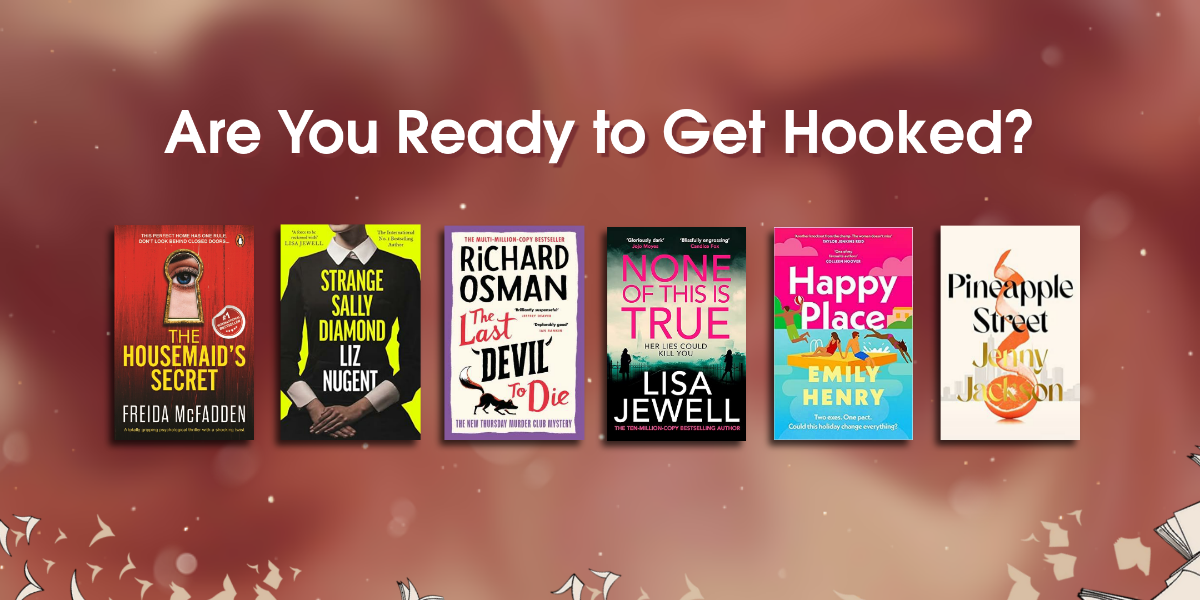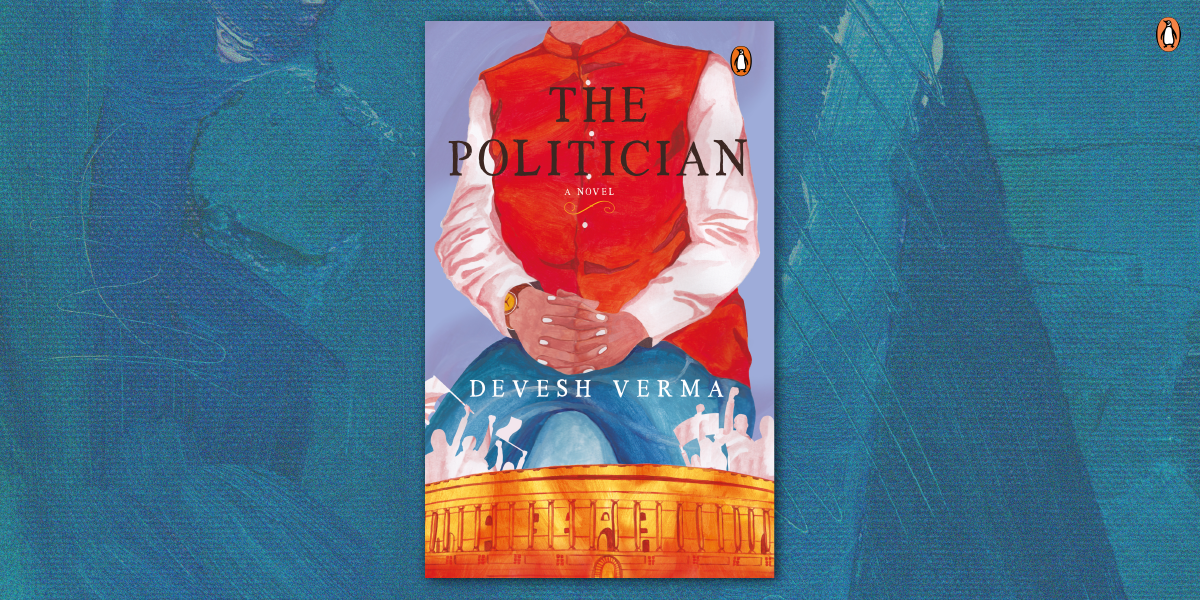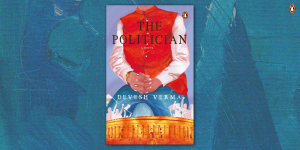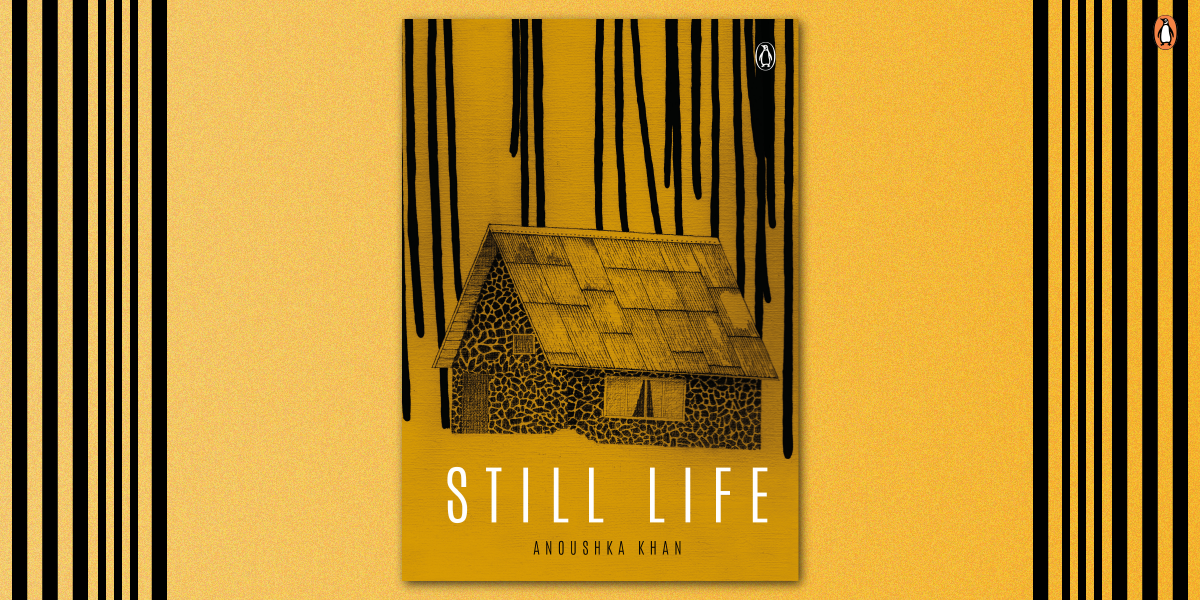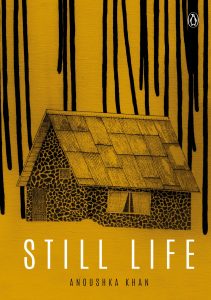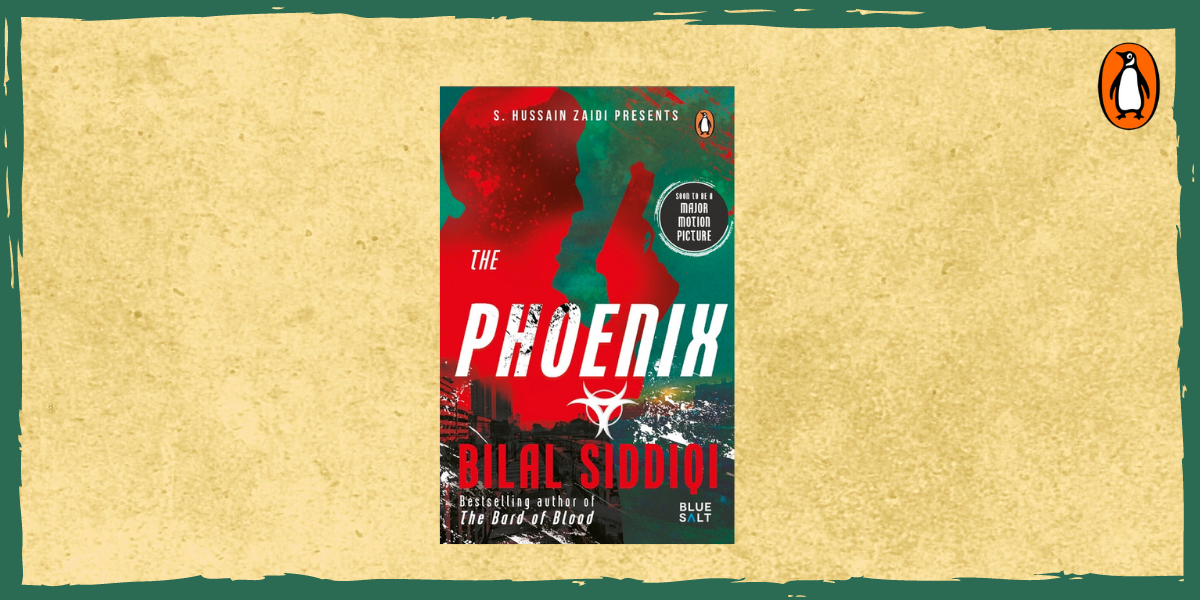Ready to unleash your inner bookworm? The one that’s addicted to fiction? Yes?
Well then buckle up for a whirlwind tour of 12 sizzling fiction reads, each one a portal to a world as unique as you are. From chilling thrillers to laugh-out-loud rom-coms, we’ve got something for every mood.
Are you ready to get hooked? 😉

“Don’t go in the guest bedroom.” A shadow falls on Douglas Garrick’s face as he touches the door with his fingertips. “My wife… she’s very ill.” As he continues showing me their incredible penthouse apartment, I have a terrible feeling about the woman behind closed doors. But I can’t risk losing this job-not if I want to keep my darkest secret safe…
This absolutely explosive and shockingly twisty sequel to international bestseller The Housemaid will keep you racing through the pages late into the night. Anyone who loves The Perfect Marriage by Jeneva Rose, The Woman in the Window and Gone Girl will be totally hooked! This book can also be enjoyed as a standalone.
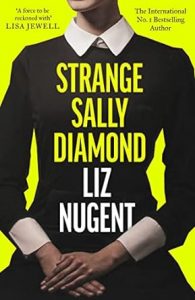
Sally Diamond cannot understand why what she did was so strange. She was only doing what her father told her to do, to put him out with the rubbish when he died.
Now Sally is the centre of attention, not only from the hungry media and worried police, but also a sinister voice from a past she has no memory of. As she begins to discover the horrors of her childhood, recluse Sally steps into the world for the first time, making new friends, finding independence, and learning that people don’t always mean what they say.
But when messages start arriving from a stranger who knows far more about her past than she knows herself, Sally’s life will be thrown into chaos once again…
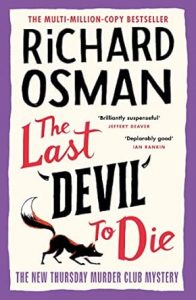
Shocking news reaches the Thursday Murder Club.
An old friend in the antiques business has been killed, and a dangerous package he was protecting has gone missing.
As the gang springs into action they encounter art forgers, online fraudsters and drug dealers, as well as heartache close to home.
With the body count rising, the package still missing and trouble firmly on their tail, has their luck finally run out? And who will be the last devil to die?

Celebrating her 45th birthday at her local pub, podcaster Alix Summer crosses paths with an unassuming woman called Josie Fair. Josie is also celebrating her 45th.
A few days later, they bump into each other again, this time outside Alix’s children’s school. Josie says she thinks she would be an interesting subject for Alix’s podcast. She is, she tells Alix, on the cusp of great changes in her life.
Alix agrees to a trial interview and indeed, Josie’s life appears to be strange and complicated. Aix finds her unsettling but can’t quite resist the temptation to keep digging.
Slowly Alix starts to realise that Josie has been hiding some very dark secrets, and before she knows it Josie has cajoled her way into Alix’s life – and into her home.
Soon Alix begins to wonder who is Josie Fair really? And what has she done?

Two exes. One pact.
Could this holiday change everything?
Harriet and Wyn are the perfect couple – they go together like bread and butter, gin and tonic, Blake Lively and Ryan Reynolds.
Every year, they take a holiday from their lives to drink far too much wine with their favourite people in the world.
Except this year, they are lying through their teeth, because Harriet and Wyn broke up six months ago. And they still haven’t told anyone.
But the cottage is for sale so this is the last time they’ll all be here together. They can’t bear to break their best friends’ hearts so they’ll fake it for one more week.
But how can you pretend to be in love – and get away with it – in front of the people who know you best?
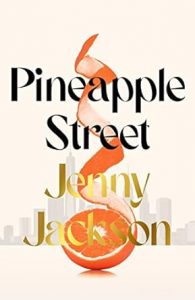
Pineapple Street in Brooklyn Heights is one of New York City’s most desirable residences, and home to the glamorous and well-connected Stockton family . . .
Darley, the eldest daughter, has never had to worry about money. She followed her heart, trading her job and her inheritance for motherhood – but ended up sacrificing more of herself than she ever intended.
Sasha is marrying into the wealthy Stockton family, who are worlds apart from her own. She feels like the outsider, trying to navigate their impenetrable traditions and please her new mother-in-law – plus her hesitancy to sign a pre-nup has everyone questioning her true intentions.
Georgiana, the youngest, is falling in love with someone she can’t (and really shouldn’t) have – and is forced to confront the kind of person she wants to be.
Witty, escapist and full of heart, with an unmissable cast of loveable – if flawed – characters, Pineapple Street is a beautifully observed novel about the complexities of family dynamics, the miles between the haves and the have-notes, and the all-consuming insanity of first love – while also asking the age-old question, can money really buy you happiness?

Working here is my last chance to start fresh. I can pretend to be whoever I like.
Every day I clean the Winchesters’ beautiful house top to bottom. I collect their daughter from school. I cook a delicious meal for the whole family before heading up to eat alone in my tiny room on the top floor.
I try to ignore how Nina makes a mess just to watch me clean it up. How she tells strange lies about her own daughter. And how Andrew, her husband, seems more broken every day.
But as I look into Andrew’s handsome brown eyes, so full of pain, it’s hard not to imagine what it would be like to live Nina’s life. The walk-in closet, the fancy car, the perfect husband.
I soon learn that the Winchesters’ secrets are far more dangerous than my own…
I try on one of Nina’s pristine white dresses once. Just to see what it’s like. But she soon found out…and by the time I realize my attic bedroom door only locks from the outside, it’s far too late.
I reassure myself though: the Winchesters don’t know who I really am.
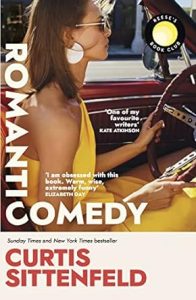
With a series of heartbreaks under her belt, Sally Milz – successful script writer for a legendary late-night TV comedy show – has long abandoned the search for love.
But when her friend and fellow writer begins to date a glamorous actress, he joins the growing club of interesting but average-looking men who get romantically involved with accomplished, beautiful women.
Sally channels her annoyance into a sketch, poking fun at this ‘social rule’. The reverse never happens for a woman.
Then Sally meets Noah, a pop idol with a reputation for dating models. But this isn’t a romantic comedy – it’s real life.
Would someone like him ever date someone like her?

It’s late. You’re waiting up for your son.
Then you spot him: he’s with someone. And – you can’t believe what you see – your funny, happy teenage boy stabs this stranger.
You don’t know who. You don’t know why. You only know your son is charged with murder. His future is lost.
That night you fall asleep in despair. But when you wake . . . it is yesterday. The day before the murder.
Somewhere in the past lie the answers – a reason for this crime.
And your only chance to stop it . . .

Emilia Ward lives quietly in suburban London with her husband and two children.
Just an ordinary wife and mother. But also a bestselling crime writer.
When she starts writing her tenth Detective Miranda Moody novel, however, life takes a frightening turn: an incident straight out of one of her novels occurs in real life.
Just an unsettling coincidence, she thinks. Until it happens again.
Then someone she knows dies exactly like a victim in the book she’s still writing . . .
Why is someone doing this?
How do they know what she is writing?
And how long before Emilia and her family are next?
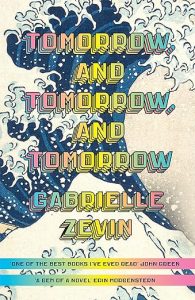
Two kids meet in a hospital gaming room in 1987. One is visiting her sister, the other is recovering from a car crash. The days and months are long there. Their love of video games becomes a shared world — of joy, escape and fierce competition. But all too soon that time is over, fades from view.
When the pair spot each other eight years later in a crowded train station, they are catapulted back to that moment. The spark is immediate, and together they get to work on what they love – making games to delight, challenge and immerse players, finding an intimacy in digital worlds that eludes them in their real lives. Their collaborations make them superstars.
This is the story of the perfect worlds Sadie and Sam build, the imperfect world they live in, and of everything that comes after success: Money. Fame. Duplicity. Tragedy.
Tomorrow, and Tomorrow, and Tomorrow takes us on a dazzling imaginative quest as it examines the nature of identity, creativity, disability, failure, the redemptive possibilities in play and, above all, our need to connect: to be loved and to love.
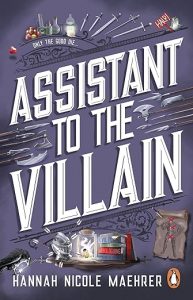
ASSISTANT WANTED: Notorious, high-ranking villain seeks loyal, level-headed assistant for unspecified office duties, supporting staff for random mayhem, terror, and other Dark Things in General. Discretion a must. Excellent benefits.
With ailing family to support, Evie Sage’s employment status isn’t just important, it’s vital. So when a mishap with Rennedawn’s most infamous Villain results in a job offer-naturally, she says yes. No job is perfect, of course, but even less so when you develop a teeny crush on your terrifying, temperamental, and undeniably hot boss. Don’t find evil so attractive, Evie.
But just when she’s getting used to severed heads suspended from the ceiling and the odd squish of an errant eyeball beneath her heel, Evie suspects this dungeon has a huge rat…and not just the literal kind. Because something rotten is growing in the kingdom of Rennedawn, and someone wants to take the Villain-and his entire nefarious empire-out.
Now Evie must not only resist drooling over her boss but also figure out exactly who is sabotaging his work… and ensure he makes them pay.
After all, a good job is hard to find….







